Martin Scorsese’s ‘New York, New York’ now a Broadway musical
The new Broadway musical “New York, New York,” opening Wednesday night at the St. James Theatre, ends with the iconic title number that kicks off with the lyric “Start spreadin’ the news!”
It’s an ear-worm everybody knows.
You hear it at Yankees games, Fourth of July fireworks displays and during special occasions in Times Square. The ditty is synonymous with the city — not to mention Frank Sinatra.
Yet relatively few New Yorkers realize where the tune, first sung by Liza Minnelli, actually originated.
John Kander and Fred Ebb’s catchy number made its debut as the theme to 1977’s “New York, New York,” a rare flop of a film for director Martin Scorsese — on which the new Broadway show is loosely based.
The mostly forgotten flick, which isn’t easily viewable on any streaming service, paid or otherwise, got lousy reviews that railed against its nearly-three-hour runtime. Critics complained that the “Taxi Driver” visionary’s edginess butted heads with the glitzy musical sequences in the second half.
“New York, New York” ultimately grossed just $16.4 million off a $14 million budget, almost certainly incurring losses for its studio United Artists — during the summer of Twentieth Century Fox’s “Star Wars,” no less.
Still, producer Irwin Winkler — who stuck by his friend Scorsese after the film bombed and went on to successfully work with him on “Raging Bull,” “Goodfellas,” “The Irishman” and more — remembers their first collaboration fondly.
“It’s a movie I’ve loved from its inception and through its making,” Winker, 91, told The Post. “That one really was very personal to me as the producer.”
Brooklyn-born Winkler, who is also responsible for the “Rocky” and “Creed” movies, was inspired by his early days working as a New York music manager and, in particular, by a singer named Felicia Sanders at the Bon Soir club in Greenwich Village and her (more gifted) jazz pianist husband, Irving Joseph.
“I always wondered about their relationship,” Winkler said. “What it was like to be really married to the breadwinner, but you were really much more talented than that person was.”
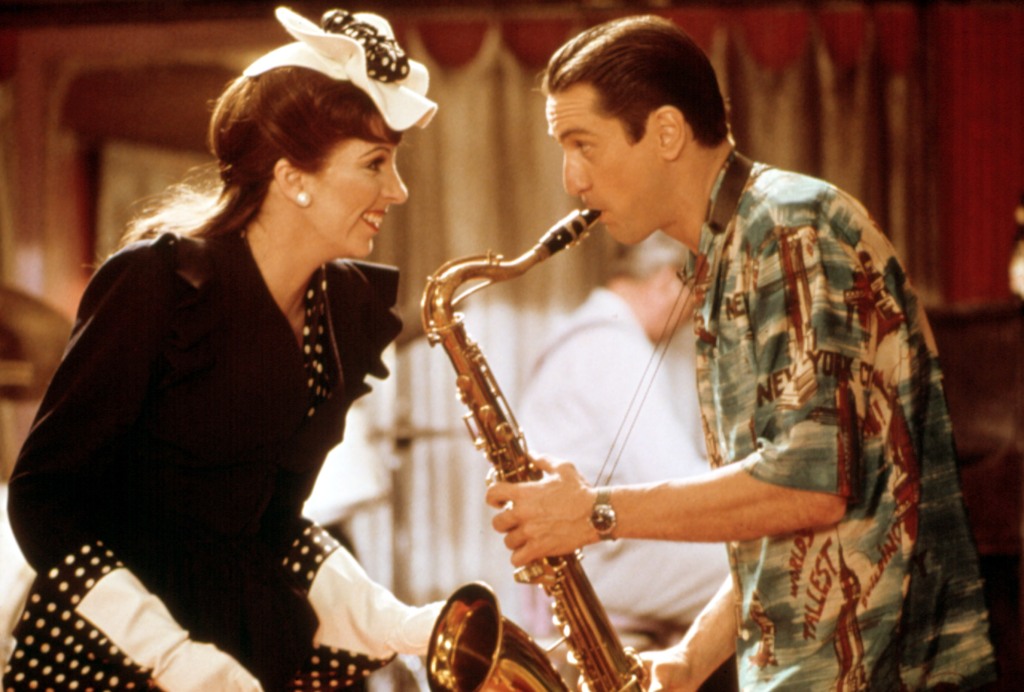
So, Winkler and screenwriter Earl Mac Rauch concocted the roles of Francine Evans and Jimmy Doyle, a pop singer and erratic jazz saxophonist who romantically meet at a club in New York at the end of World War II.
At first the powerful producer sought out Gene Kelly to direct the film, but ultimately decided the “Singin’ In The Rain” genius’ Golden Age sensibilities weren’t the right fit.
“As brilliant as he was, [Kelly] was probably not as tough as it should’ve been for the mid-70s when everything we were doing was a little tougher,” he said.
But Winkler was impressed with Scorsese’s “Mean Streets,” and pursued the hotshot.
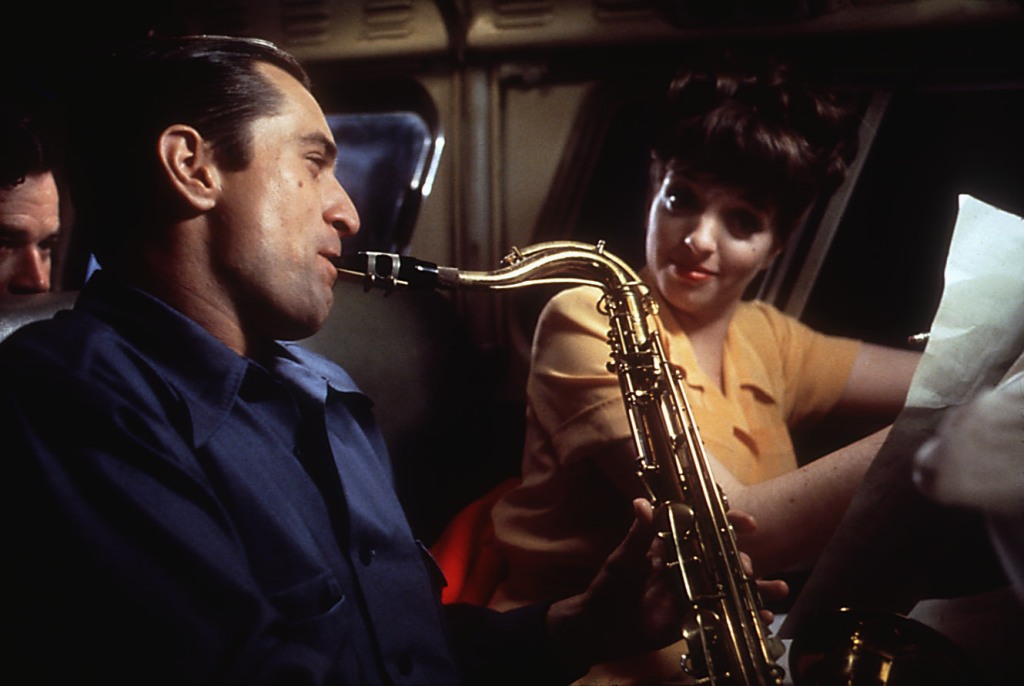
He snared Marty, along with Minnelli, who’d struggled to make another hit after “Cabaret,” and Robert DeNiro to co-star in his gritty riff on “A Star Is Born.”
However, the project came at a bad time for the director.
“I remember I started playing with drugs when I was doing ‘New York, New York’,” Scorsese told author Peter Biskind for his book “Easy Riders, Raging Bulls: How the Sex-Drugs-and-Rock ‘N’ Roll Generation Saved Hollywood.” “For me it was just the beginning of going into an abyss for about two years and coming out of it just barely alive.”
Things were rocky from the start. On the first day of shooting, there was no finished script. So, Scorsese used his improv techniques to fill in the gaps.
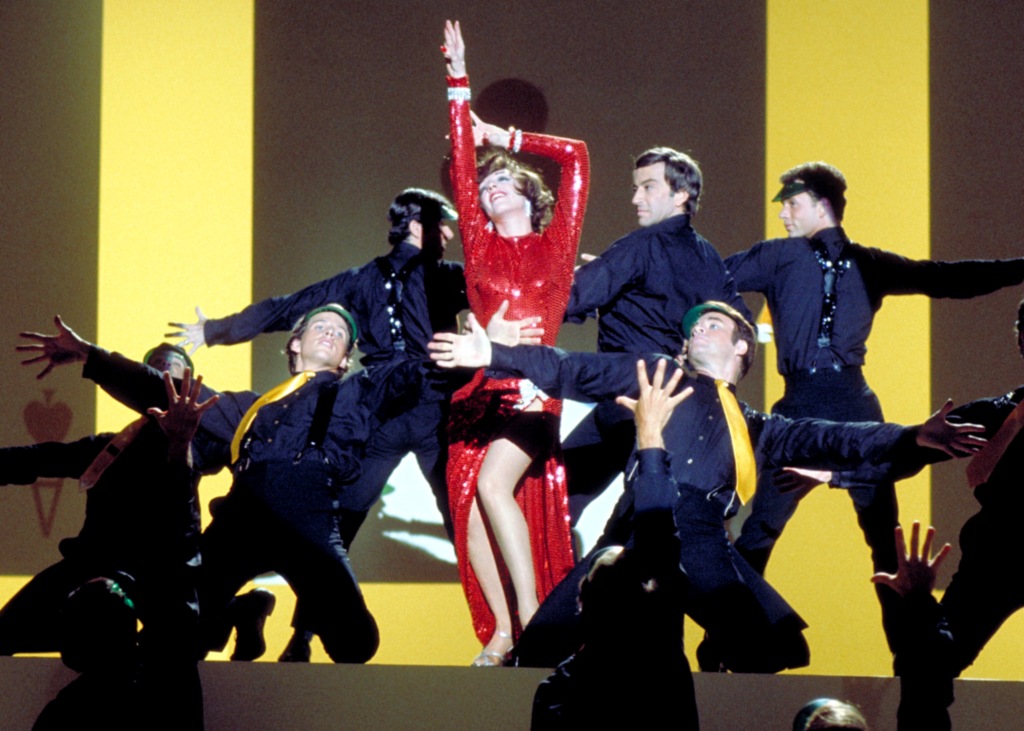
“You get a big head,” he recalled in the book. “You think, ‘Oh, I don’t have to make up a script, I can work it out on the soundstage when I’m there.’ Sure. A lot of guys work that way. Evidently I couldn’t.”
That anything-goes style had worked out for him before. But, as producer Sandy Weintraub added in “Easy Riders,” it didn’t make sense this time.
“On ‘Alice [Doesn’t Live Here Anymore]’, he was just gonna have everybody improv up a storm,” Weintraub said. “That continued through ‘Taxi [Driver]’ and obviously the result you see is ‘New York, New York,’ where it got out of control.”
The unwieldy process was exacerbated by Scorsese’s drug use.
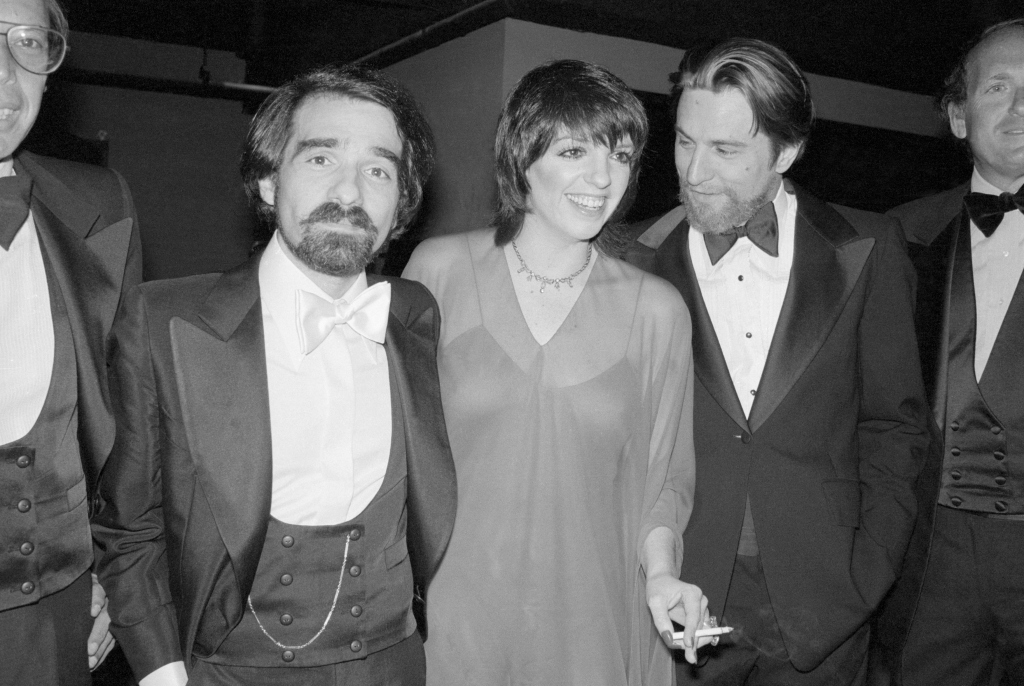
“I started taking drugs to explore,” Scorsese said of cocaine. “And got sidetracked a lot of the time. We put ourselves through a lot of pain.”
As he admitted in “Easy Riders,” “I was just too drugged out to solve the structure.”
However, the buzz was still loud that the movie would be brilliant and wind up a big hit. On the day of its release, June 21, 1977, the following triumphant ad for the film ran in The Post:
“Due to the overwhelming public response to the Special Preview of ‘New York, New York’ last Friday at the Ziegfeld Theatre, a second performance had to be scheduled in order not to disappoint the overflow crowd. Therefore, to accommodate the anticipated crowds at the regular performances of “New York, New York,” starting today the Ziegfeld Theatre is scheduling midnight and morning shows.”
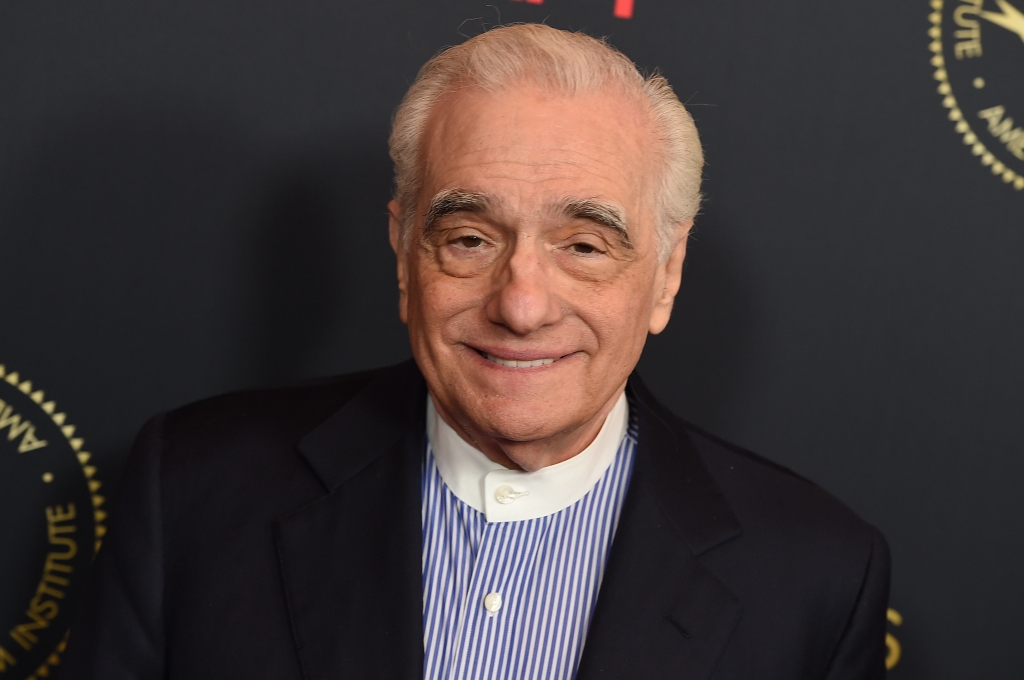
Turns out, they didn’t have to.
Directly above the self-congratulatory advertisement was Post critic Archer Winsten’s less-glowing review: “You do have this uneasy feeling that it’s longer than need be,” he said.
Scorsese was incensed by the underwhelming response.
“I was angry,” he told Biskind. “Especially about being treated as if I had gotten a comeuppance — for what? For making ‘Mean Streets’, “Alice’ and ‘Taxi Driver? It wasn’t the criticism, it was the lack of respect.”
Roger Ebert, however, praised the “very good” music — including songs like “Happy Endings” and “But The World Goes Round” — and said “the movie’s new songs deserve comparison with the old standards.”
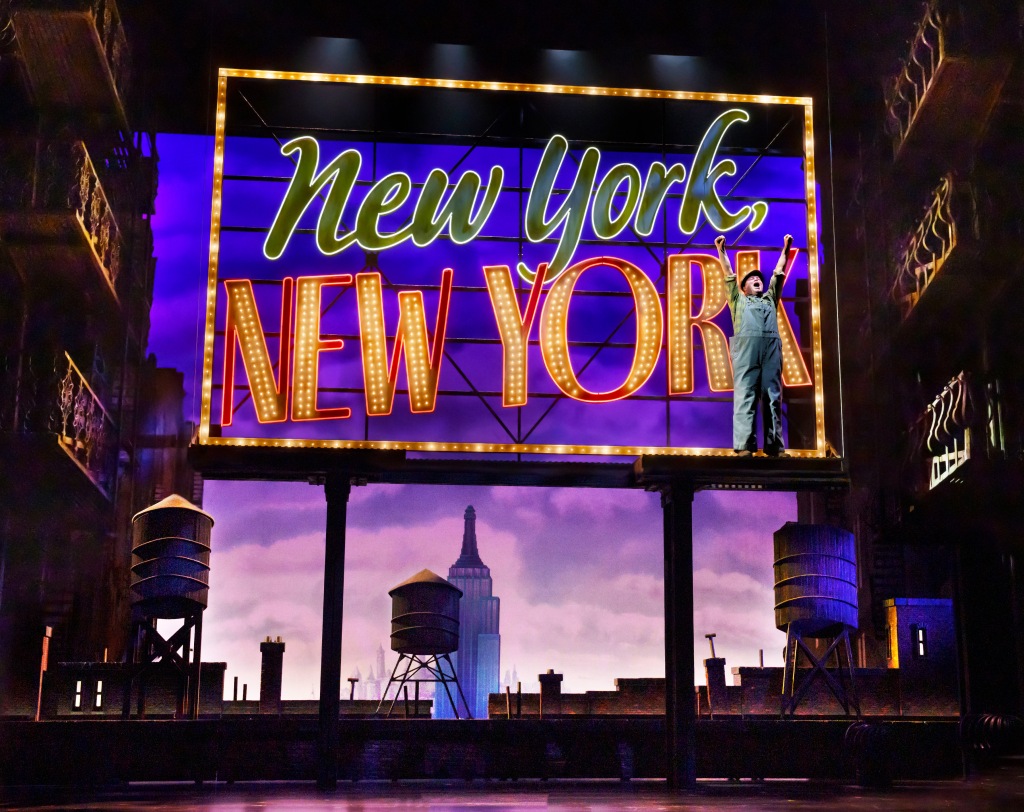
But the Academy of Motion Picture Arts and Sciences did not see eye to eye with Ebert.
A still-shocked Winkler pointed out, “Theme From ‘New York, New York’ “didn’t even get an Oscar nomination for Best Song!”
(Shockingly that year, “Someone’s Waiting for You” from the cartoon “The Rescuers” did.)
After that, the producer and his collaborators struggled to get any radio play for the tune that they so believed in for two years, until Frank Sinatra decided to record a cover of it and successfully sought out Minnelli’s blessing. Of course, the rousing tune became one of his signatures.
Thanks in part to the Chairman of the Board, a 46-year-old flop movie is now a big Broadway musical.
Read the full article Here


